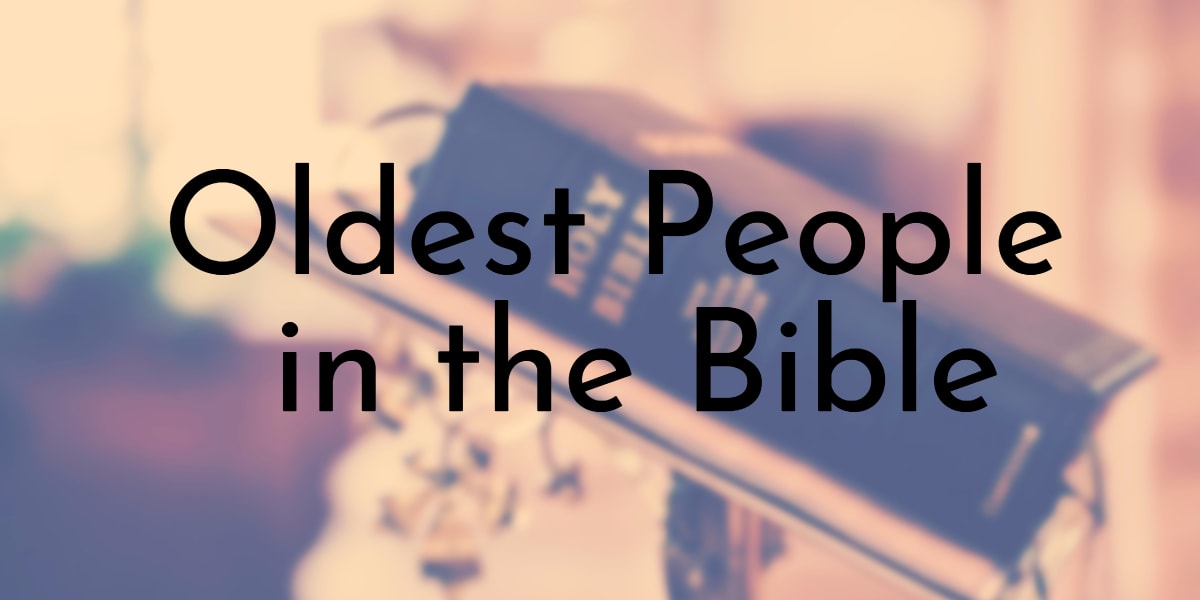Not really. The people who would have killed for a 40-hour week were the 19th century serfs of the Industrial Revolution. People in the pre-industrial past did more manual labour than we do, but it wasn't backbreaking and they were accustomed to it. It's a bit like living in an Amish community: the Amish take the work schedule in their stride but visitors find themselves gasping. And people in Mediaeval times had many more holidays than we do, about 60 not including Sundays. See here, here and here. Pilgrimages were popular as a form of vacation and the ordinary folk had plenty of free time for them. From the perspective of a labour-free society we are going backwards.Hmmm. I'm not quite sure of the accuracy of that one. Most of us work maybe 8 hours a day 5 days a week. Most of our ancestors would have killed for such short hours, even if extended to 6 days a week. They basically worked all the hours of daylight. Though I guess it depends on how far you go back with the ancestors.
Last edited:




